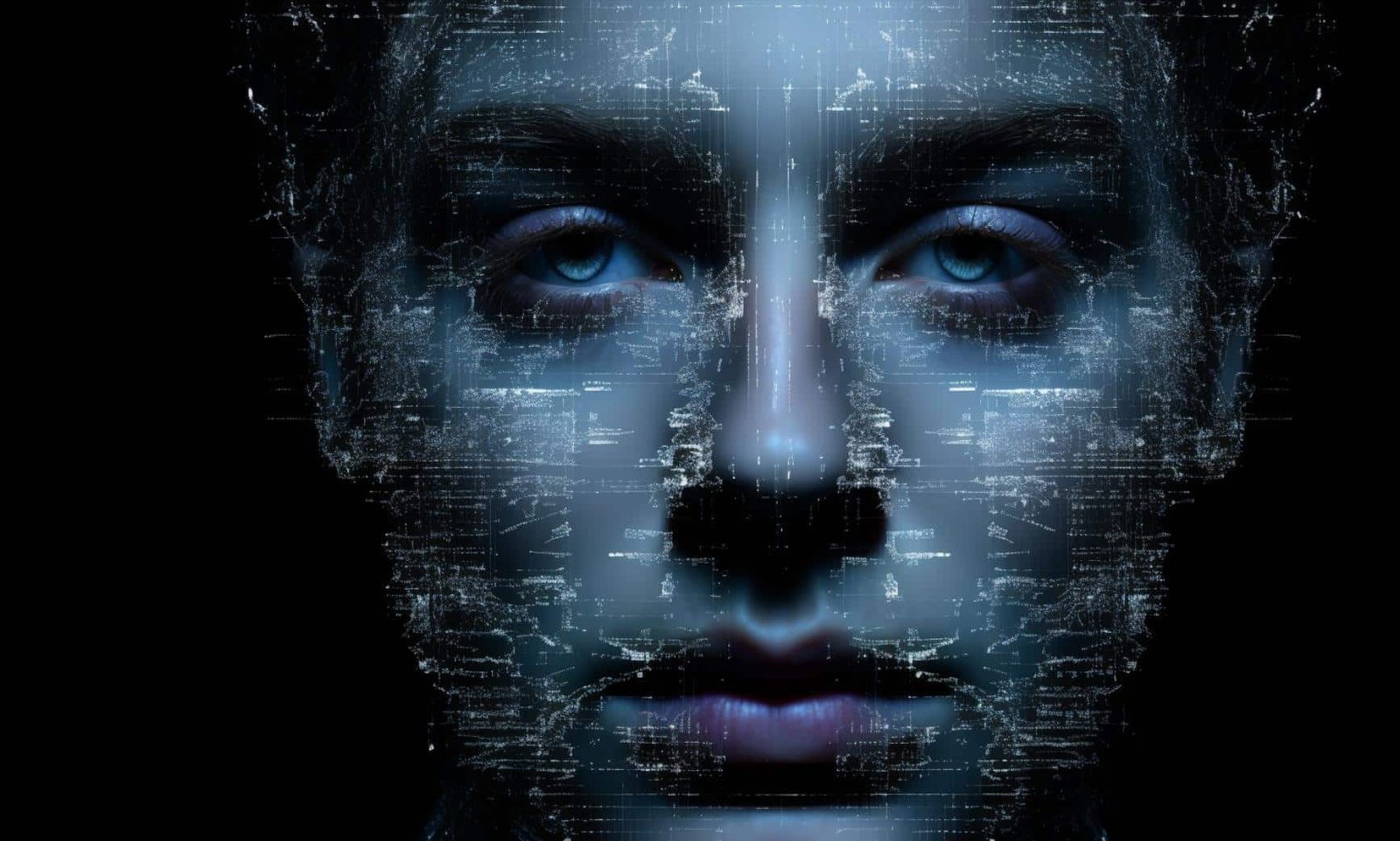Researchers are turning the spotlight onto concealed human emotions, thanks to a remarkable software that brings the nuanced world of facial emotion analysis into sharper focus than ever before.
The Power of Artificial Intelligence in Facial Emotion Analysis
Harnessing an ‘artificial net’, this software meticulously deciphers facial features, simultaneously gauging the intensities of a myriad of facial expressions. Spearheaded by the University of Bristol in collaboration with Manchester Metropolitan University, the project delved into videos from the ‘Children of the 90s’ study. These videos, captured through headcams worn by babies, offer an unfiltered window into authentic familial emotions.
Showcased in Frontiers, the study reveals the formidable potential of machine learning. It can anticipate human judgements of parental facial expressions with striking accuracy, purely based on the computer’s determinations.
Romana Burgess, a doctoral candidate at the University of Bristol, emphasized the rich tapestry of human emotions. She remarked that while computational methods shine in controlled environments, their prowess in the unpredictable settings of family homes was particularly noteworthy. In such environments, the software successfully identified a face in about 25% of the videos, illustrating the inherent challenges of dynamic familial interactions.
Mental Health: Early Intervention through Facial Emotion Analysis
Collaborating with the ERC MHINT Headcam Study, the team employed this automated facial emotion analysis software to scrutinize parents’ expressions in the videos. Both human coders and the software were set to the task, with the aim of comparing their emotional detections.
The findings underscore the transformative potential of facial emotion analysis in mental health. Professor Rebecca Pearson from Manchester Metropolitan University highlighted the software’s ability to detect even the faintest emotional undertones, often suppressed by parents. Such nuanced detections can pave the way for timely interventions, especially in conditions like postnatal depression.
With ambitions of implementing facial coding in homes, this research could herald a new era of health monitoring, seamlessly integrating advanced science into daily life. By leveraging wearable tech and pioneering computation, we are poised to uncover emotional subtleties that were previously imperceptible.
As they forge ahead, the team is gathering data from teenagers, eager to decode the complex emotional landscape of adolescence. Professor Nic Timpson, at the helm of the ‘Children of the 90s’ project, lauded Bristol’s families for their instrumental role in this innovative mental health research.
Research Snapshot
- Title of the Paper: Quantifying the efficacy of an automated facial coding software using videos of parents
- Journal: Frontiers
- Authors: Romana Burgess et al.
- DOI Number: Not provided in the original text
- Publication Date: 31-Jul-2023

